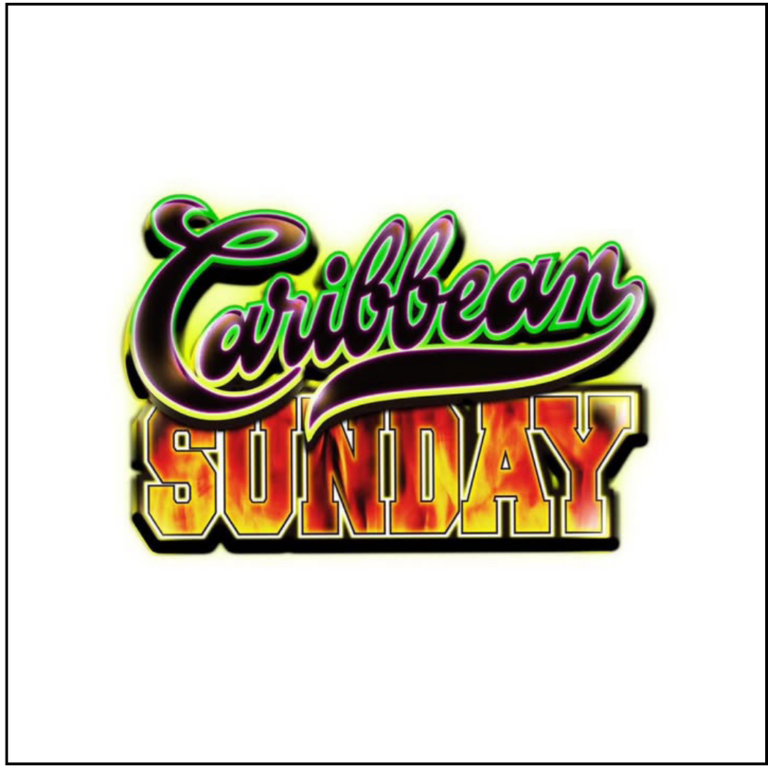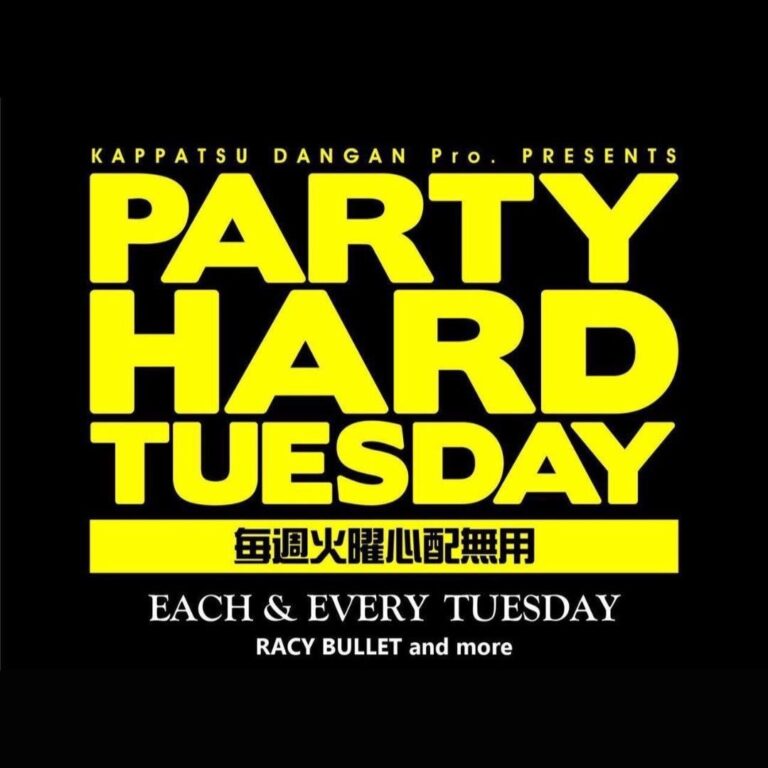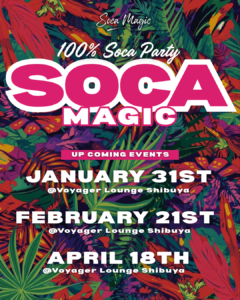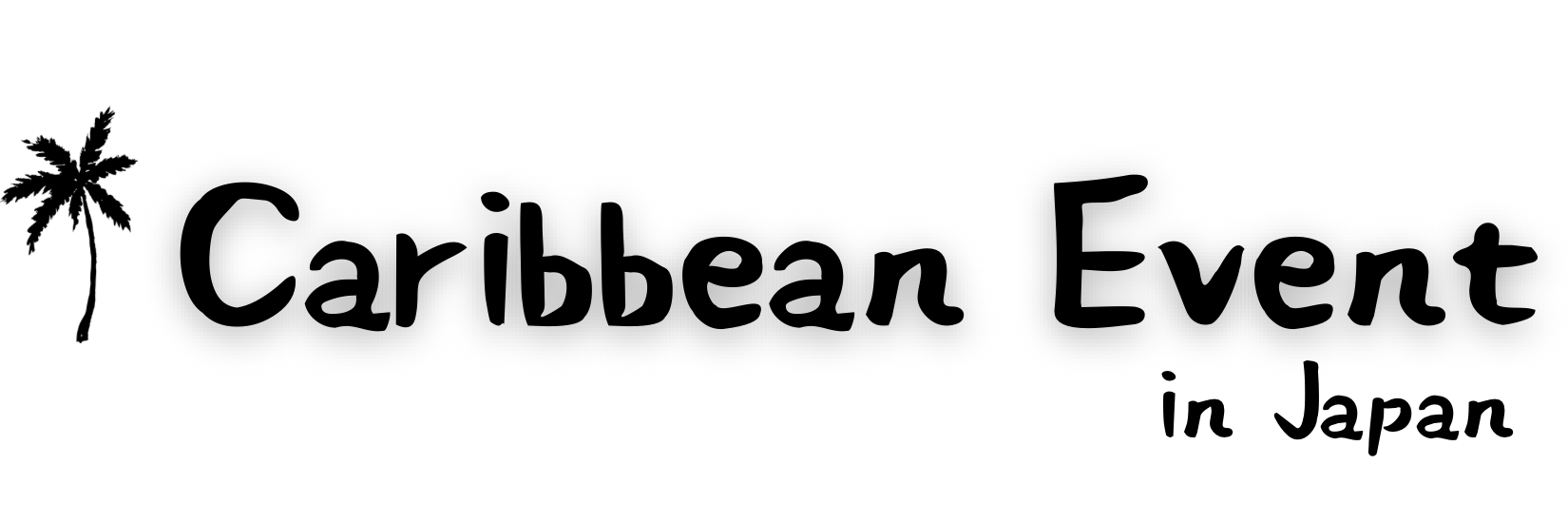
2025&2026 PICK UP EVENTS!
2025&2026 PICK UP EVENTS!
TOKYO AREA
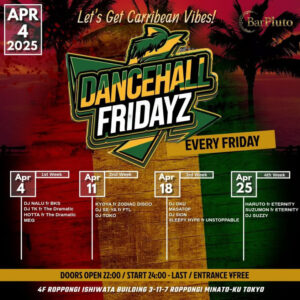
DANCEHALL FRIDAYZ
Weelky Event
Events in January
OSAKA AREA
OKINAWA AREA
Beach House , Festival & Live in Japan

EVENT DETAILS

History of the Japan’s Reggae Scene
• Early Days (1970s–1980s): Reggae was introduced to Japan through imported records and live performances by a few Jamaican artists. Bob Marley’s visit to Japan in 1979 played a pivotal role in sparking interest and spreading reggae culture.
• 1990s Boom: The scene grew significantly with the emergence of Japanese reggae artists and sound systems. During this period, reggae-specific clubs, festivals, and record labels began to appear, fueling the genre’s popularity.
Modern Scene
• Japan continues to have a thriving reggae and dancehall scene, with events regularly held in major cities like Tokyo, Osaka, and Yokohama.
• Many Japanese reggae artists collaborate with Jamaican and Caribbean musicians, maintaining strong cultural ties to the genre’s roots.
• Reggae has also influenced Japanese street fashion and nightlife, particularly in dancehall clubs and parties, where the genre’s presence remains strong.

History of the Japan’s SOCA Scene
• Soca began to spread in Japan in the early 2000s, with HEMO & MOOFIRE leading the scene by playing Soca at events and promoting the genre.
• In the 2010s, international artists’ visits and the efforts of DJ Daiky and Soca in Japan (SIJ) gradually increased the genre’s recognition.
• By the late 2010s, Japan Caribbean Carnival (JCC) and Soca Magic emerged as unique Japanese Soca events, blending Soca with cosplay and gaming elements, making the genre more accessible.
• Today, regular events and collaborations with international artists are on the rise, attracting both tourists and foreign residents in Japan.
Modern Scene
• Japan’s Soca scene is gradually expanding, with regular events held in major cities like Tokyo and Osaka.
• Many Japanese DJs and artists collaborate with Caribbean musicians, incorporating authentic island sounds.
• Unique Japanese Soca events blending carnival culture and cosplay are increasing, attracting growing attention from foreigners and tourists.

History of Japan’s Afro Music Scene
• In the late 2000s, the influence of Afro music in Japan began with African beats being incorporated into reggae and dancehall events. Afrobeat and Afrohouse started to spread in the club scene.
• In the 2010s, Afrobeats and Afrohouse gained popularity, with an increase in African artist performances in Japan and collaborations with Japanese DJs and artists. Afro music became deeply rooted in Japanese youth culture.
• From the late 2010s to early 2020s, events like Afrobeat Night and Afrohouse Parties became more frequent, especially in Tokyo and Osaka, where Afro music events gained regular popularity.
• In the 2020s, new genres like Afro Trap and Amapiano began gaining attention, and African rhythms had a strong influence on Japan’s music, fashion, and street culture.
Modern Scene
• Currently, Japan’s Afro music scene is supported by many artists, DJs, and dancers, and there are expectations for more international exchanges and collaborations in the future.
• In Japan’s club scene, Afrobeat and Afrohouse are becoming mainstream music genres, and it is anticipated that African rhythms will continue to have a strong influence on Japan’s music and culture in the years to come.


